How to Invest in Dubai Real Estate: A Beginner’s Guide
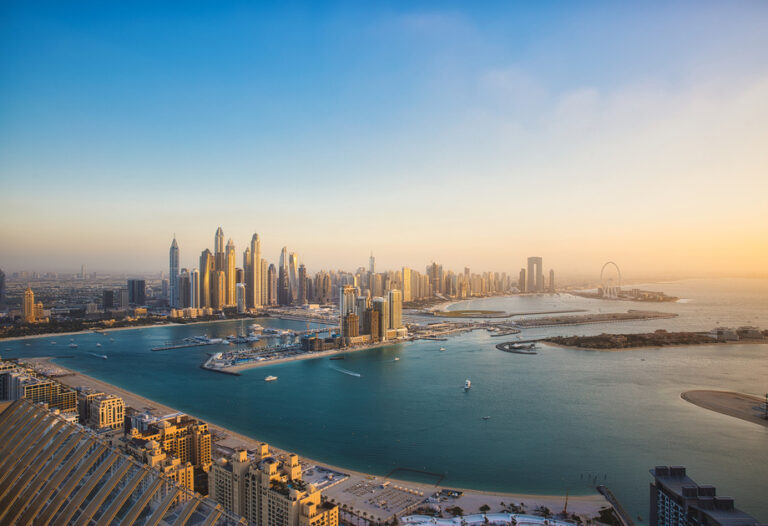
Investing in Dubai’s real estate is a promising way to achieve stable returns of around 6–10% annually while ensuring long-term capital growth. With its dynamic infrastructure development, strategic location, and investor-friendly policies, Dubai ranks among the world’s leading real estate markets.
One of the key advantages is the absence of taxes on rental income and capital gains, coupled with freehold zones where foreigners can purchase property with full ownership rights. Particularly in demand are areas like Downtown Dubai, known for its business activity and iconic landmarks, and the prestigious Palm Jumeirah, offering luxury properties and high rental yields.
This article explores how to invest in Dubai, where to start, what financial tools are available, how to select the right property, and how to minimize risks. We’ll highlight what to consider when purchasing and how to succeed in one of the most competitive markets. Learn how to take your first steps into the world of Dubai real estate.
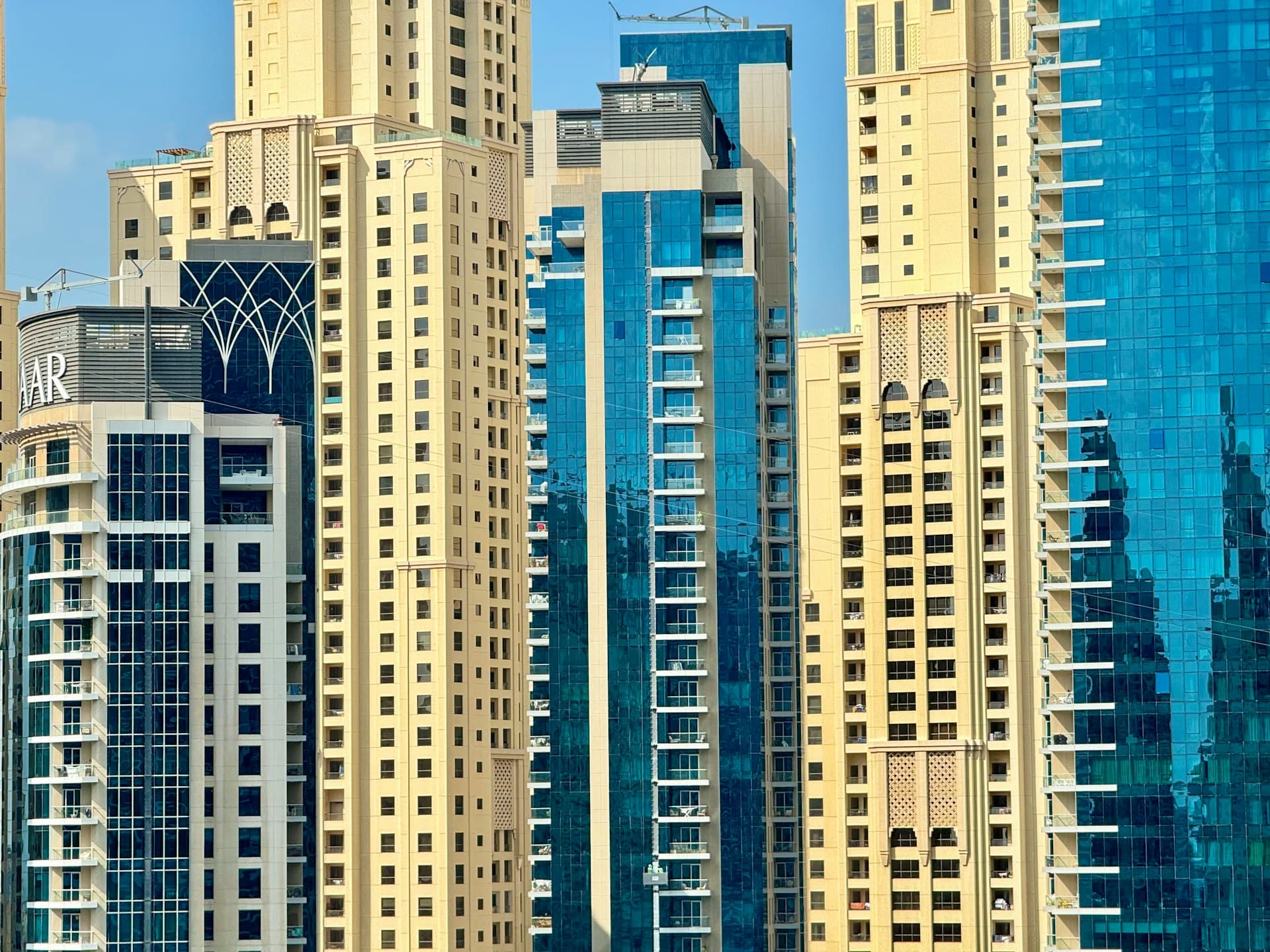
Why Dubai’s Real Estate Attracts Investors
Investing in Dubai’s real estate is increasingly popular among private and corporate investors due to a combination of high profitability, transparent legislation, and a favorable tax environment.
Here are the key advantages that make Dubai’s market so appealing:
High Rental Yields: On average, yields range from 6–10% annually, surpassing many developed real estate markets like London or New York.
No Taxes on Profits or Capital Gains: Dubai’s tax incentives allow investors to retain a larger share of their profits.
Economic Stability: Dubai demonstrates steady GDP growth, low inflation, and political stability, creating a secure environment for investments.
Accessibility for Foreigners: Freehold zones enable foreign nationals to purchase property with full ownership rights without intermediaries.
Developed Infrastructure and Tourism: Modern roads, airports, business centers, and attractions ensure consistent rental demand.
Flexible Financing Options: UAE banks offer competitive mortgage programs for non-residents.
These factors make investing in Dubai’s real estate not only highly profitable but also strategically sound for long-term capital growth.
Key Steps to Start Investing
For those just beginning to explore how to invest in Dubai, a clear action plan is essential. Below is a step-by-step guide to help beginners avoid mistakes and make informed decisions:
Research the Dubai Real Estate Market: Start by analyzing current trends, price dynamics, and rental demand across different districts. Pay special attention to high-demand areas like Dubai Marina, Downtown Dubai, Jumeirah Village Circle, and Palm Jumeirah.
Define Investment Goals: Determine whether you aim for regular rental income or long-term capital appreciation. This choice will influence the type of property—studios, apartments, villas, or commercial spaces.
Build a Network of Contacts: Reliable real estate agents, legal consultants, and mortgage brokers can simplify the process and protect your interests. Choose professionals with experience in the real estate sector.
Assess Financial Capabilities and Explore Funding Options: If you plan to use a mortgage, research programs for non-residents, as Dubai banks offer financing for up to 50–70% of the property’s value.
Select a Property Based on Demand and Location: Verify documents, research the developer, and evaluate the district’s potential for rental or resale.
Following these steps will help you efficiently begin investing in Dubai’s real estate with minimal risks and maximum potential.
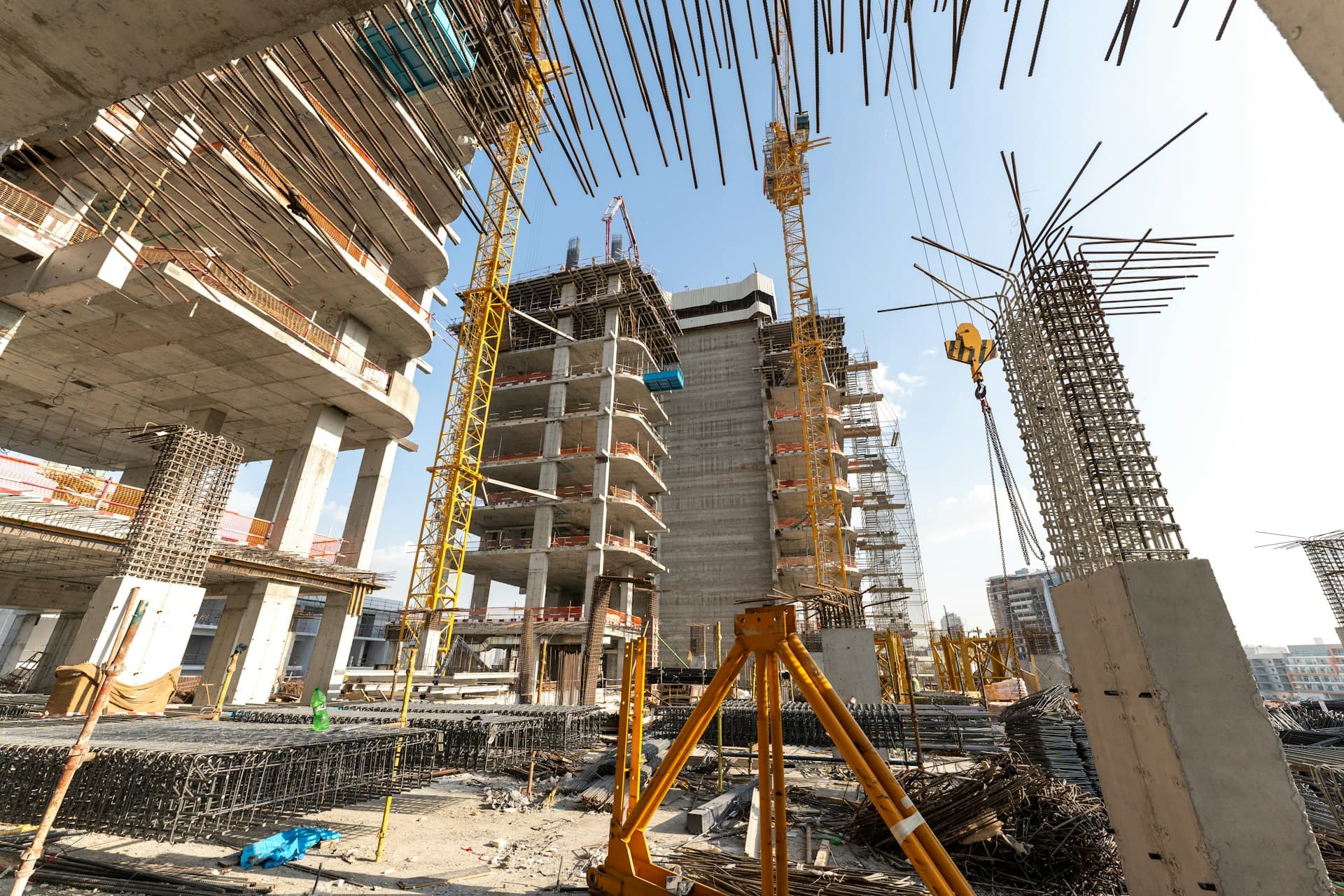
Researching the Market and Strategies
Before investing, thoroughly studying the market is critical. Investments in Dubai’s real estate come in various forms: buying for rental income, reselling for capital gains, or investing in real estate investment trusts (REITs). Analyze price trends, occupancy rates, and tourism seasons. Use online platforms like Bayut, Property Finder, or official reports from the Dubai Land Department (DLD). Proper preparation enables you to choose the most effective strategy and minimize risks.
Defining Investment Goals
To invest in Dubai effectively, clearly define your objectives. Ask yourself whether you seek steady monthly income or long-term capital growth. Consider your risk tolerance, available budget, and investment horizon—1, 5, or 10 years. These answers will guide your choice of property type, district, and ownership strategy. Well-defined goals are the foundation of successful investing.
Financial Options for Investment
Dubai offers a transparent purchasing system, and freehold zones allow foreigners to own properties outright. Additionally, various financing options expand investment opportunities.
Available financing options for investing in Dubai’s real estate include:
Bank Mortgages: One of the most common methods. Many UAE banks offer mortgages for non-residents with down payments of 20–50% and loan terms up to 25 years. This option suits long-term investments or properties purchased for rental income.
High-Interest Loans: Typically provided by private individuals or companies, these loans are secured by the property’s value rather than the borrower’s creditworthiness.
Private Lenders and Investment Funds: If a bank denies a loan or you need flexible terms, private financial institutions can offer loans at higher interest rates but with fewer requirements. Carefully review contract terms in such cases.
Joint Ventures: Co-purchasing property with partners allows you to share costs and risks. This model is suitable for beginners or those looking to diversify their portfolio.
Self-Financing: Using personal funds is the simplest and safest option, avoiding loan servicing costs. It’s ideal for short-term planning or property resale.
The choice of financing depends on your investment goals, strategy, and willingness to take on financial obligations.
Top Districts for Investment in Dubai
Choosing the right district is a critical factor for success when investing in Dubai’s real estate. Here are five of the most promising locations based on profitability, demand, and long-term potential:
Downtown Dubai: The city’s heart, home to the Burj Khalifa, Dubai Mall, and prestigious residential complexes. It enjoys steady demand from tourists, renters, and investors, with approximate yields of 6–8% annually and high capital growth potential.
Dubai Marina: A popular district among tourists and expats due to its scenic waterfront, yacht marina, and modern skyscrapers. Ideal for short- and long-term rentals, with yields of 7–9% annually.
Palm Jumeirah: The iconic artificial island with luxury properties and world-class hotels. Properties here have high capital value and rental yields (up to 10%), making it ideal for premium investors.
Business Bay: A business hub near Downtown Dubai, suitable for commercial and residential investments. The area’s developing infrastructure and steady demand from business-oriented renters make it a strong choice.
Jumeirah Village Circle (JVC): One of the most affordable districts with a wide selection of apartments and townhouses. It’s an excellent option for beginners, offering yields of 7–8%, active construction, and consistent demand.
These districts cover various market segments—from luxury properties on Palm Jumeirah to affordable housing in JVC—allowing investors to choose a strategy aligned with their goals. Investing in these locations ensures a balance of profitability and stability, key to long-term success in Dubai’s real estate market.
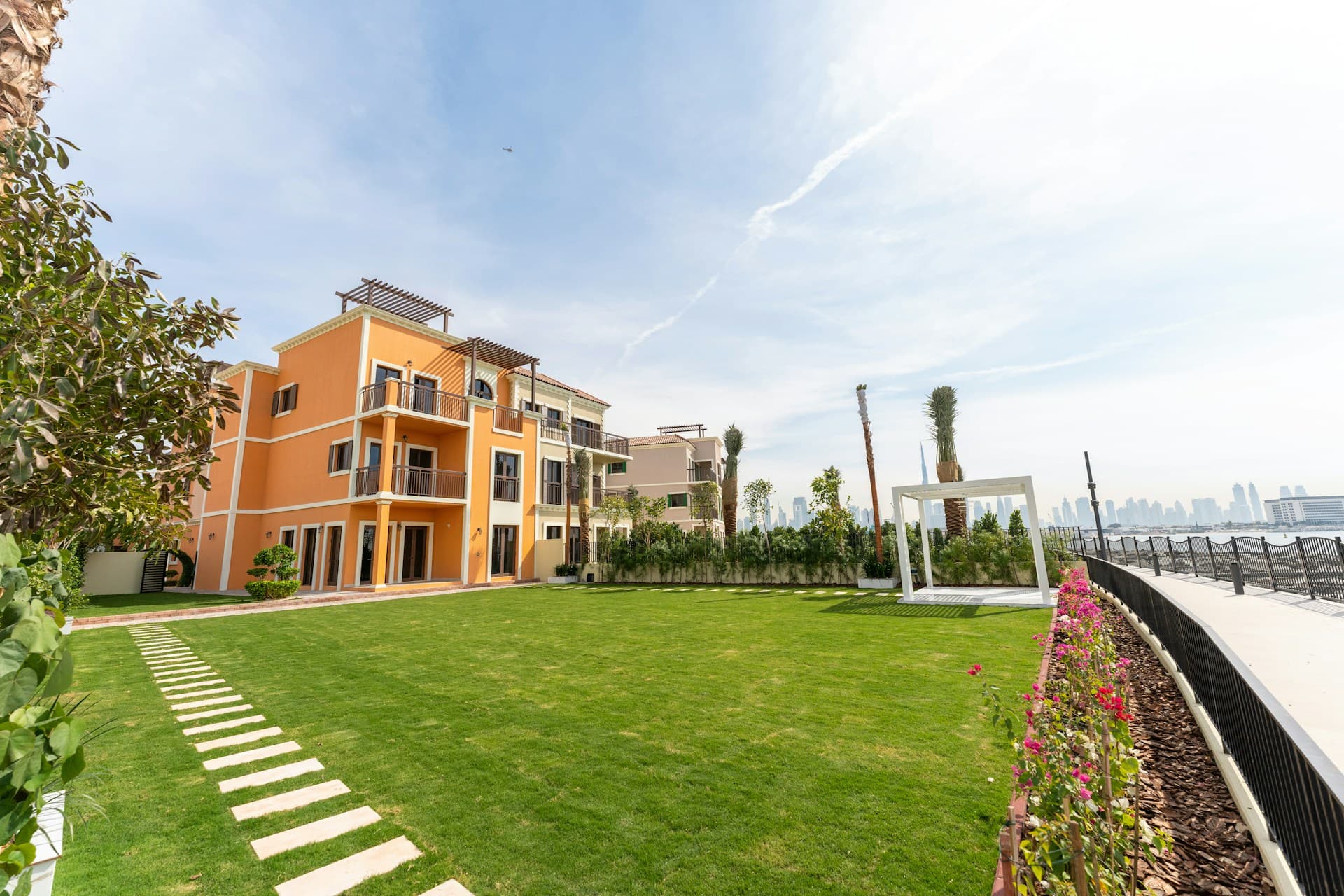
Investment Risks and How to Minimize Them
Investing in Dubai carries risks, as with any market. To avoid financial losses and unforeseen challenges, investors must stay informed and act cautiously.
Key risks investors may face include:
Market Volatility: Dubai’s real estate market can be sensitive to global economic changes, affecting prices and demand.
High Competition: With numerous new developments and market players, securing tenants at desired rental rates can be challenging.
Maintenance Costs: Service fees, insurance, repairs, and taxes can reduce net income, especially in luxury districts.
Currency Fluctuations: Investors using foreign currencies may face losses if the UAE dirham strengthens.
Regulatory Changes: While the UAE’s legal system is stable, changes in regulations could impact ownership or rental rules.
To minimize risks, conduct thorough due diligence: inspect the property’s condition, compare its value to market rates, verify ownership titles, and review documentation. Perform a financial analysis, calculating actual costs, projected profits, and payback periods. Collaborating with trusted agents, consulting lawyers, diversifying your portfolio, and adopting a long-term perspective are the best tools for protecting your investments.
How to Choose the Right Property
Selecting the right property is a critical step for those aiming to succeed in Dubai’s rental market or profit from capital appreciation. Here are practical tips for making an informed choice:
Use Trusted Platforms: Search for properties on reliable platforms like Bayut, Property Finder, or Dubizzle. Also, consider MLS (Multiple Listing Service) systems used by agents.
Explore Auctions or Offline Searches: Some attractive deals appear at auctions or through direct sales from owners, especially in the secondary market.
Choose a Property Type Based on Goals: For rentals, studios and one-bedroom apartments in Dubai Marina, Business Bay, or JVC are ideal. For resale, consider apartments in Downtown Dubai or villas on Palm Jumeirah.
Assess the Property’s Condition: Conduct a professional inspection to avoid unexpected repair costs.
Perform Financial Analysis: Calculate expected rental income, maintenance costs, mandatory fees, and ROI (return on investment).
A meticulous approach to property selection ensures reliable income and reduces risks in a competitive market.
Practical Tips for Successful Investing
Investing in Dubai’s real estate can be a stable source of income and a tool for capital growth. To succeed in this market, it’s not enough to simply buy an attractive property. You must act strategically, considering market specifics, your financial goals, and potential risks. Here are proven tips for both novice and experienced investors:
Work with Professionals: A key principle for successful investments in Dubai’s real estate is collaborating with trusted agents, brokers, and legal consultants. This helps avoid legal pitfalls, find the best options, and save time.
Thoroughly Analyze the Market Before Buying: Compare prices, rental yields, and demand trends across districts. Review statistics, read analytical reports, and use online tools to assess an investment’s true potential and avoid overpriced properties.
Build a Strong Network: Connecting with other investors, agents, and consultants facilitates knowledge sharing and access to new opportunities. Join industry communities or attend local events.
Plan for the Long Term: To maximize returns when investing in Dubai, focus on stable income and capital growth. Avoid impulsive decisions and account for maintenance costs alongside profitability. Regularly reassess your goals to stay on track.
Stay Informed and Adaptable: Dubai’s real estate market is dynamic, with changing regulations, demand, and trends. Follow news, read industry resources, and update your knowledge. Flexibility and adaptability increase your chances of long-term success.
Following these tips will help you confidently navigate Dubai’s real estate market and make informed decisions. Successful investing requires patience, ongoing analysis, and a commitment to learning.
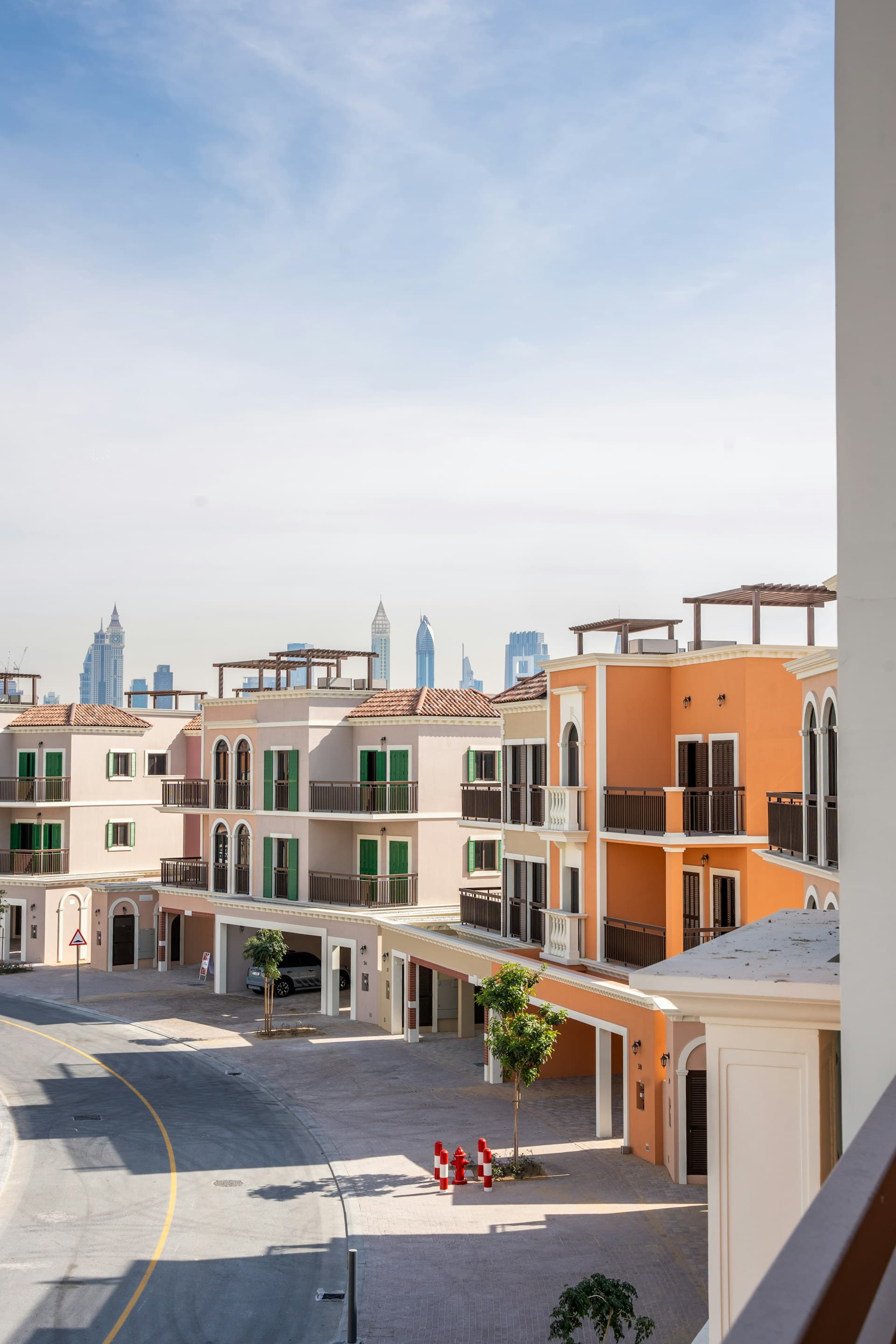
Conclusion
Dubai’s real estate is a powerful tool for generating stable income and capital growth. With high rental yields, tax incentives, and a wide range of locations—from the luxurious Palm Jumeirah to the vibrant Dubai Marina—it attracts a growing number of foreign investors. However, like any financial strategy, it comes with challenges. Risks include market fluctuations, maintenance costs, and regulatory changes.
To minimize investment risks, avoid acting impulsively. Thorough market research, clear goal-setting, professional support from agents and lawyers, and long-term planning are key to success. Whether you’re interested in renting out properties in Dubai or purchasing for resale, start with research and expert consultations.
A strategic approach to investing ensures not only profitability but also confidence at every step. Take action today—research, analyze, and begin building your income in Dubai.



